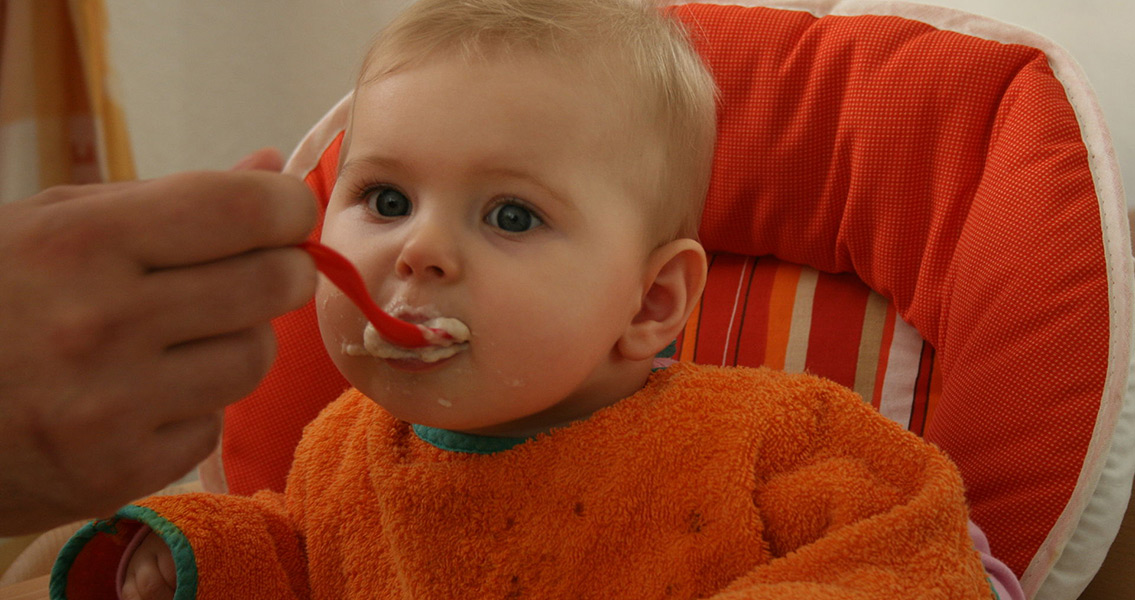<![CDATA[Humans are among very few species where the mother is not the single carer for her children. The reasons for this have remained largely subject to speculation, but now a new study suggests, based on a mathematical model, that cooperative parenting emerged as a result of evolutionary changes. According to the authors, Erik Otarola-Castillo and Karen Kramer, as the interval between births started to narrow, the period of dependency for human children extended and their survival chances increased. This meant that time management pressures mounted on the mothers and they had to use help from other members of the community in order to cope with the child-rearing process. Most anthropological studies aiming to gain some insight in evolutionary socio-economic and behavioural changes focus on what are called traditional societies, notes Phys.org, communities that have no or almost no contact with market economies, where there are no birth control mechanisms and the lifestyle is largely similar to that of ancient people. However, Kramer told the website that in this case the comparison between ancient, modern, and traditional societies could not work because cooperative parenting evolved much earlier than the behavioural patterns observable in traditional societies. Modern traditional societies display the same cooperative parenting patterns as non-traditional modern societies, so in order to find how this trend developed, the researchers needed to look further back, which was made possible with mathematic modelling. Kramer and Otarola-Castillo set as their start and end points the last common ancestor of modern humans and modern societies respectively. They focused on the question of how the changes took place and how cooperative parenting actually developed by simulating the economic issues related to shorter birth intervals, longer juvenility periods, and higher survival rates. What they found was interesting. While today we generally think of the most common helpers for mothers as other adults – and most hypotheses from the field support this belief – the models suggest that the first cooperative parenting was done by the older children in the family. It was precisely because of the three factors mentioned above that older children were the most logical helpers for their mothers: as they grew older and became independent, they were the closest source of help for raising the younger ones until they become independent themselves. It was only later, closer to modern times, that mothers started weaning their babies earlier and the intervals between births became even shorter. As juvenility periods become even longer, mothers started needing the help of other adults, both from the family and the wider community, Kramer and Otarola-Castillo explained to Phy.org. Furthermore, Kramer suggests it is possible that early human families actually formed around the mother and the immediate group of helpers. Before that, when mothers just had one child to care for at a time and nobody to help, as soon as the young one became independent they would go their own way, leaving the “family”. As periods of dependency increased and the older children had to stay on to help their mother with the younger children, the seeds of the nuclear family were sown. For more information: “When mothers need others: The impact of hominin life history evolution on cooperative breeding“ Image courtesy of Wikimedia Commons user: Curtis Newton]]>
Evolutionary Changes Led to Cooperative Parenting
